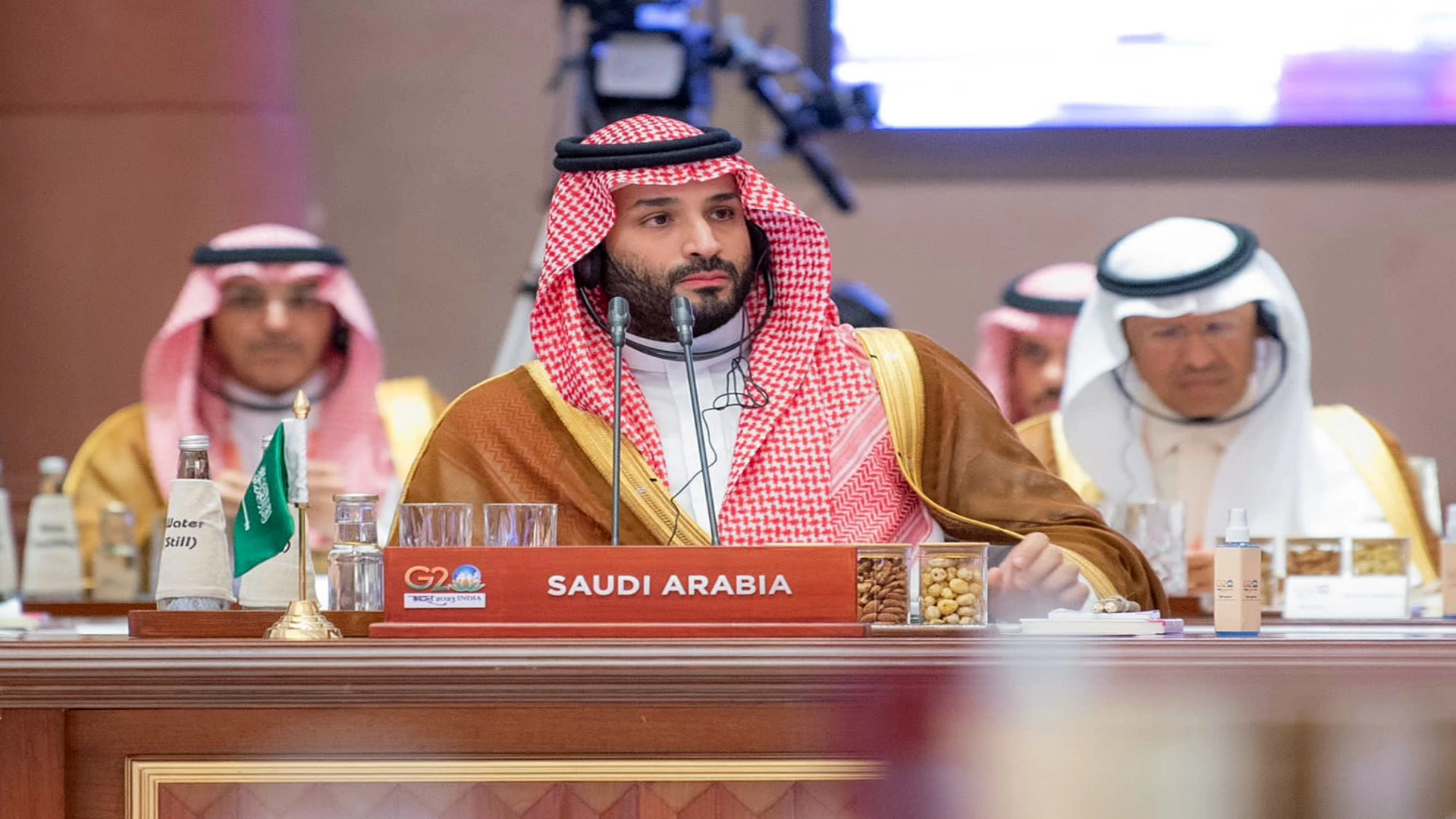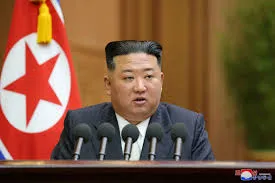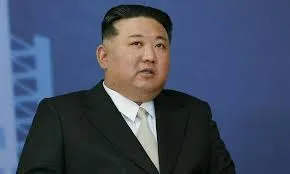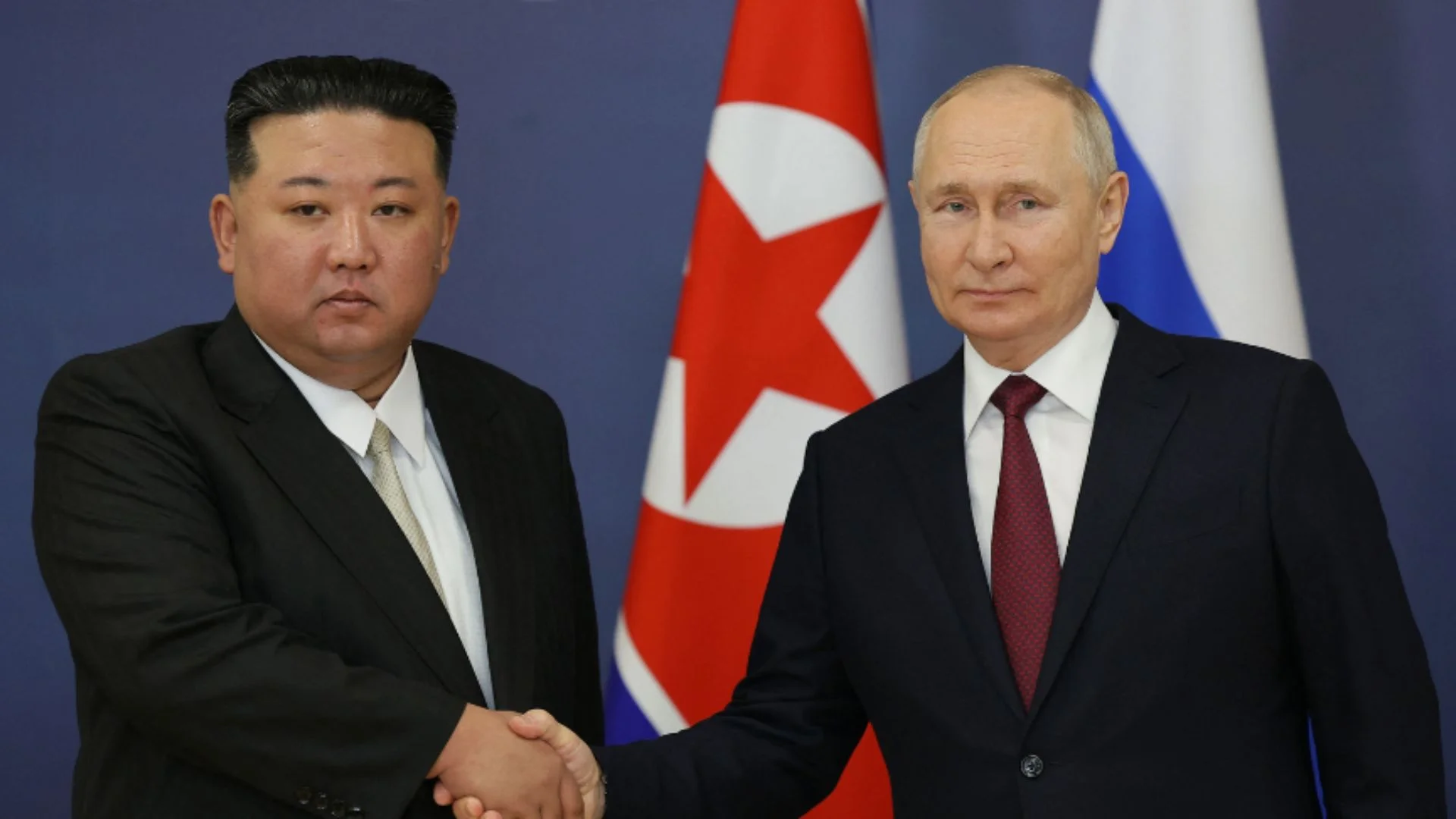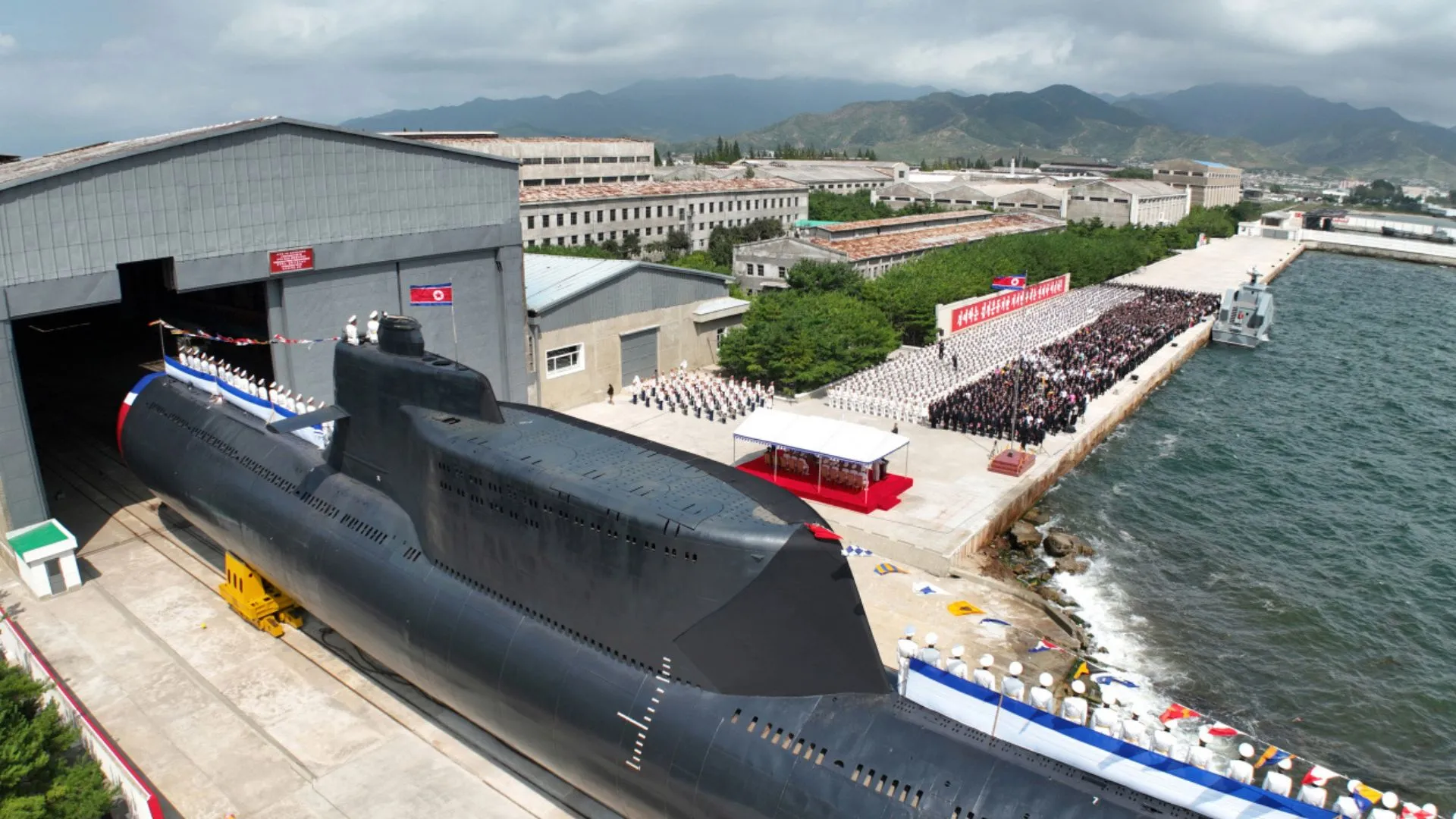In a series of controversial developments, Saudi Crown Prince Mohammed bin Salman (MBS) has drawn significant international attention with remarks downplaying the Palestinian issue. During a conversation with U.S. Secretary of State Antony Blinken earlier this year, MBS reportedly stated, “Do I care personally about the Palestinian issue? I don’t,” signaling a potential shift in Saudi Arabia’s traditionally strong stance on the matter. This remark has ignited debates regarding Saudi Arabia’s priorities and its evolving regional alliances.
These statements come at a time when Saudi Arabia has been engaging in high-stakes diplomatic efforts, including discussions surrounding the normalisation of ties with Israel—a prospect once unthinkable without a resolution to the Palestinian question. This shift marks a departure from the kingdom’s earlier insistence on the establishment of a Palestinian state as a precondition for such agreements. Observers have noted that MBS’s statements reflect his focus on Saudi national interests, particularly in the realm of economic development and regional stability, which have seemingly taken precedence over the long-standing Palestinian cause.
Moreover, Saudi Arabia has introduced policies prohibiting public expressions of solidarity with Palestine. It has been reported that imams across the kingdom have been banned from delivering sermons or offering prayers in support of Palestine, particularly in the holy cities of Mecca and Medina. These restrictions extend to barring citizens from chanting pro-Palestinian slogans in public spaces. This crackdown on pro-Palestinian activism is viewed by many as part of a broader strategy to minimize internal dissent and manage the kingdom’s relationship with its Western and regional partners amid growing diplomatic ties with Israel.
This significant policy shift has sparked a variety of reactions. Pro-Palestinian activists and many Arab citizens feel increasingly sidelined, as the Palestinian cause has been a cornerstone of Arab solidarity for decades. On the other hand, supporters argue that MBS is prioritizing national development, focusing on modernizing Saudi Arabia’s economy and reducing its reliance on oil, while navigating complex regional dynamics. The Crown Prince himself has reportedly justified his stance by highlighting the younger generation’s detachment from the Palestinian issue, suggesting that for most Saudis, domestic concerns take precedence.
Despite this, Saudi officials have been quick to refute some of the most inflammatory reports about MBS’s comments, suggesting that the quotes attributed to him may have been taken out of context. Official sources have neither confirmed nor denied the exact wording of these remarks, leading to ongoing speculation about the kingdom’s true position on Palestine.
This emerging narrative surrounding Saudi Arabia’s evolving stance on the Palestinian issue reflects broader geopolitical realignments in the Middle East. With the kingdom’s push for economic reform under its Vision 2030 initiative, combined with the increasing likelihood of normalization with Israel, Saudi Arabia’s foreign policy seems to be moving in a pragmatic, if controversial, direction. How this will play out on the international stage, and what it means for the Palestinian people, remains to be seen.
Also read: Iran’s Khamenei Moved To Secure Location After Nasrallah’s Assassination
These developments are likely to continue making waves as the kingdom navigates its role in an increasingly multipolar world, where national interests and regional diplomacy often outweigh traditional alliances and ideological commitments.

